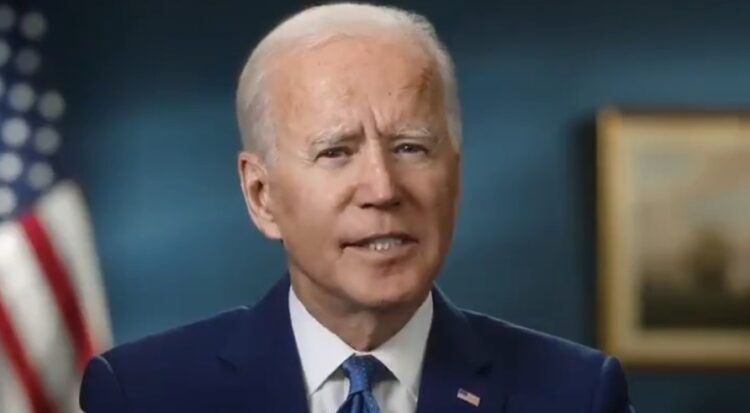Washington: US President Joe Biden has said a bipartisan deal to raise the US debt ceiling and avert the “worst possible crisis” is ready to move to the full Congress.
“I just spoke with Speaker McCarthy, and we’ve reached a bipartisan budget agreement that we’re ready to move to the full Congress… I think it’s a really important step and it takes the threat of catastrophic default off the table; it protects our hard-earned and historic economic recovery,” Biden said at a brief appearance before reporters on Sunday evening.
“That agreement now goes to the United States House and to the Senate. And I strongly urge both chambers to pass that agreement,” he added.
“Let’s keep moving forward on meeting our obligations and building the strongest economy in the history of the world,” the President asserted.
The proposed deal is the result of long and bitter negotiations between Democrats and Republicans, the BBC reported.
Earlier, the Treasury had warned the US will run out of money on June 5 without a deal.
The US must borrow money to fund the government because it spends more than it raises in taxes.
Republicans have been seeking spending cuts in areas such as education and other social programmes in exchange for raising the $31.4tn debt limit.
The proposed deal has now been published on the House website.
It envisages that non-defence government spending would be kept largely flat for two years and then rise by 1 per cent in 2025.
There would be no major changes to Medicaid health insurance, and the proposed agreement fully funds medical care for veterans.
Energy permitting laws are to be streamlined to speed up approval time for new projects – a reform Republicans have been pushing for.
Covid relief funds that have not been spent will be clawed back in the agreement, another demand made by the Republicans.
Certain age changes are proposed for a government programme that provides food-purchasing assistance for people on low or no incomes, the British news broadcaster reported.
Earlier, McCarthy on Saturday referred to “historic reductions in spending, consequential reforms that will lift people out of poverty into the workforce”.
(IANS)



















